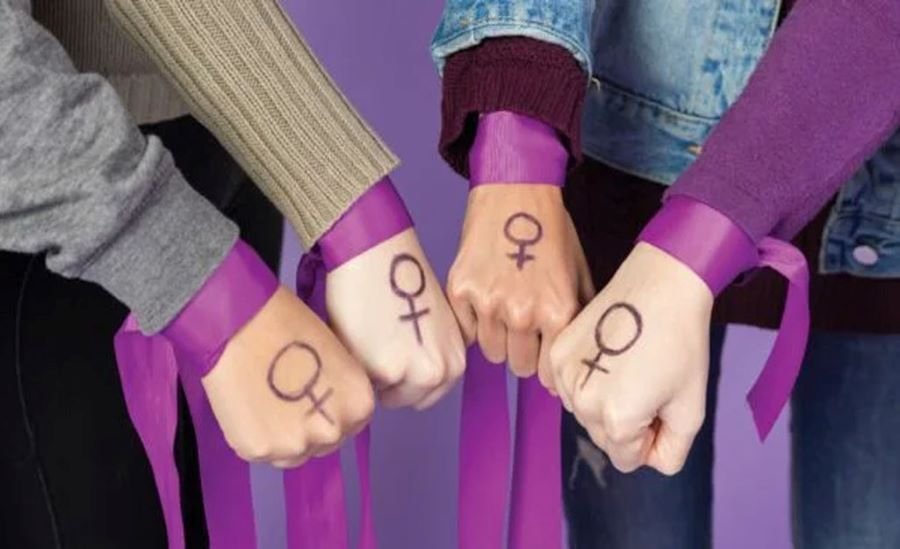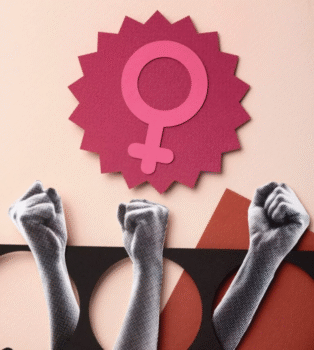
October 11th commemorates the International Day of the Girl Child, with the primary aim of focusing on the importance of girls’ rights, and their education and accentuating the promotion of gender equality. The UNICEF website displays the theme for this day in 2023 as “Invest in Girl’s Rights: Our Leadership, Our Well-being.” A clarion call is raised on this day for the global community to invest in commitments to empower girls. It was first celebrated in the year 2012 and the theme was “Ending Child Marriage.”
At the World Conference on Women in Beijing, in the year 1995, a unanimous adoption of the Beijing Declaration and platform for action was undertaken by countries. Thus, came into being one of the most progressive blueprints for advancing the rights of women and girls. The Beijing Declaration was the first policy that specifically called for the rights of the girl child.
The United Nations General Assembly adopted a resolution on December 19, 2011, to name October 11th as the International Day of the Girl Child. The focus was on the challenges that the girls faced globally and in the wake of these challenges, the urgent need to boost their rights was emphasized. The need for adolescent girls to have a safe, educated, and healthy life in their formative years to empower them to progress into mature women is critical and urgent.

With the right kind of support, these girls emerge as the empowered workers, mothers, mentors, entrepreneurs, heads, and leaders of tomorrow. The UN Secretary-General António Guterres has stated that fairer opportunities for girls must be boosted, and their voices amplified so that a world where every girl can lead and thrive is created. The 2030 agenda of the 17 Sustainable Development Goals (SDGs) embodies a roadmap for sustainable growth. The achievement of gender equality and women empowerment is an integral part of these 17 goals.
An urgent relook at girl’s rights is the need of the hour. The need for imparting valuable information and education on maternal health, parenting support, digital and life skills training, violence prevention programs, and sex education are urgently needed too. This day is the ideal day and platform to advocate the entire broad spectrum of girls’ rights.
The main challenges that girls face are – the conservative practices of child marriage, the sati system, female foeticide, and the dowry system amongst others. The basic right to education, nutrition, legal rights, and good health and medicine is also largely denied to a wide section of girls even today. Guidelines and policies with the proper backing of authorities are needed to ensure that girls achieve their full potential.
This day is observed primarily with the view of advancing gender equality and empowering girls. Their active engagement in economic, social, and political life is encouraged. Amongst several schemes implemented to empower girls “Beti Bachao, Beti Pasha” is one such. The central and state governments too, are at their levels taking up various schemes and initiatives in the interest of the girl child.
The voices of girls to be heard alongside those of the other policy and decision makers is very important, therefore this day encourages advocacy of girls’ rights by the girls themselves. This day unleashes a collaborative opportunity for governments, NGOs, individuals, and other local bodies to come together and promote the cause of the girl child.
Let us deliberate briefly on what could be the initiatives that would further their progress.
- To create a better world for girls the Governments, and the community can come together and create mechanisms for girls to engage and participate in decision-making.
- Initiatives to boost gender equality
- Creating a safe space for girls devoid of violence and discrimination Can be listed as a few of the several that need to be undertaken. The Ladli, Laxmi Ladli and Kishori Shakti Yojana schemes, of the Indian Government seek to recognize the importance of the girl child through various initiatives centered around their well-being and security and specifically address female foeticide and female education. The Samriddhi Yojana addresses maternal health, and medical care is addressed under the Ayushmati Yojna amongst the other initiatives.
It is obvious though that empowering the girl child is a daunting task that needs a radical change in the mindsets of various people including their family members, their teachers, and their elders.



















